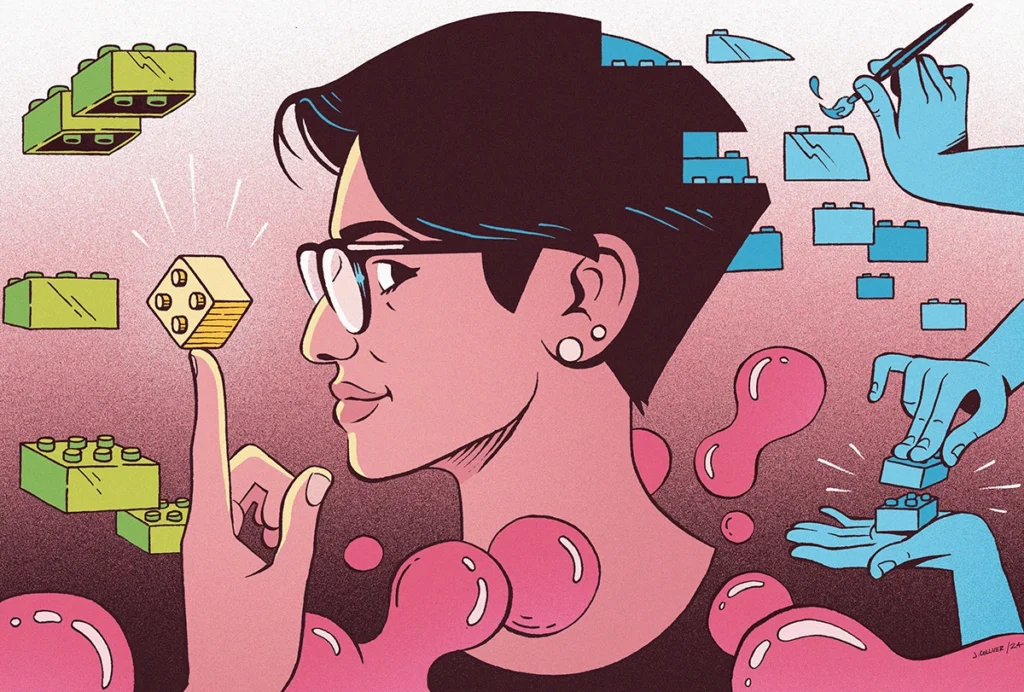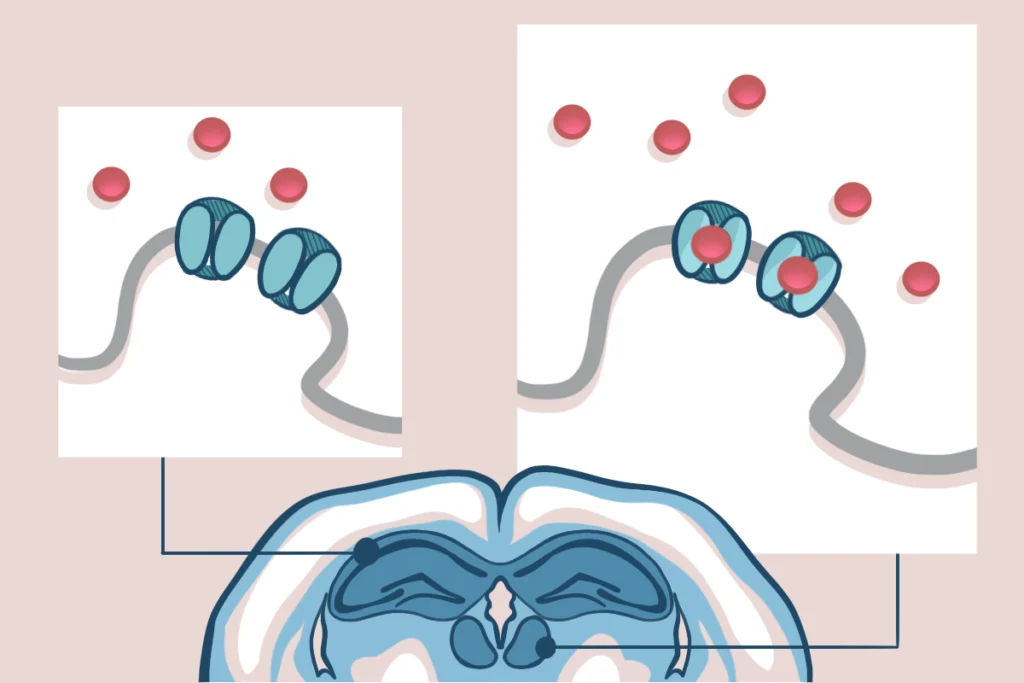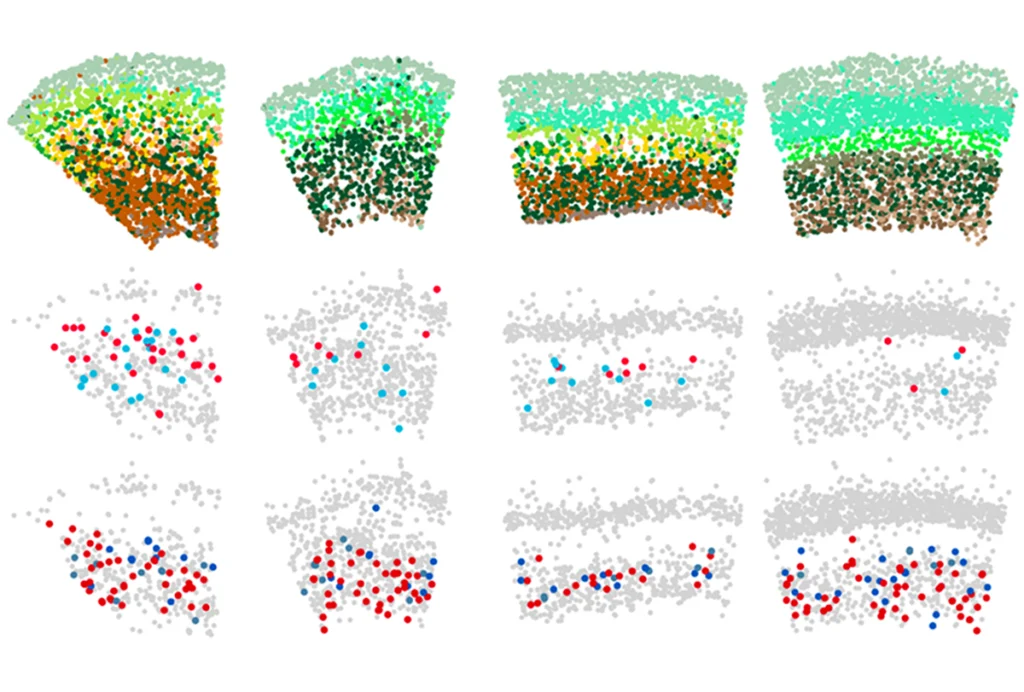Olivia Gieger is a science reporter and was The Transmitter’s news reporting intern in the summer of 2024. She is completing her M.A. in journalism in New York University’s Science, Health and Environmental Reporting Program. There, she has covered emergency medicine, conservation ecology and climate attribution science. Her work has appeared in Inside Climate News, Forbes and Scienceline.

Olivia Gieger
Former news reporting intern
The Transmitter
From this contributor
How neuroscience comics add KA-POW! to the field: Q&A with Kanaka Rajan
The artistic approach can help explain complex ideas frame by frame without diluting the science, Rajan says.

How neuroscience comics add KA-POW! to the field: Q&A with Kanaka Rajan
Seeing research through a new lens: Q&A with Pei Yuan Zhang
When she’s not in the lab, the cognitive scientist films documentaries that challenge her love of data and order.

Seeing research through a new lens: Q&A with Pei Yuan Zhang
Ketamine targets lateral habenula, setting off cascade of antidepressant effects
The drug’s affinity for overactive cells in the “anti-reward” region may help explain its rapid and long-lasting results.

Ketamine targets lateral habenula, setting off cascade of antidepressant effects
As circuits wire up, interneurons take cues from surrounding cells
The inhibitory cells’ development, diversity and abundance in the cortex is directed in part by pyramidal cells, a new preprint suggests.

As circuits wire up, interneurons take cues from surrounding cells
Newly found circuit through visual cortex powers first look at faces
The superior colliculus, an evolutionarily ancient brain area responsible for eye movements, responds to faces before the canonical face areas do, a study of macaque monkeys suggests.

Newly found circuit through visual cortex powers first look at faces
Explore more from The Transmitter
Lack of reviewers threatens robustness of neuroscience literature
Simple math suggests that small groups of scientists can significantly bias peer review.

Lack of reviewers threatens robustness of neuroscience literature
Simple math suggests that small groups of scientists can significantly bias peer review.
Dendrites help neuroscientists see the forest for the trees
Dendritic arbors provide just the right scale to study how individual neurons reciprocally interact with their broader circuitry—and are our best bet to bridge cellular and systems neuroscience.

Dendrites help neuroscientists see the forest for the trees
Dendritic arbors provide just the right scale to study how individual neurons reciprocally interact with their broader circuitry—and are our best bet to bridge cellular and systems neuroscience.
Two primate centers drop ‘primate’ from their name
The Washington and Tulane National Biomedical Research Centers—formerly called National Primate Research Centers—say they made the change to better reflect the breadth of research performed at the centers.

Two primate centers drop ‘primate’ from their name
The Washington and Tulane National Biomedical Research Centers—formerly called National Primate Research Centers—say they made the change to better reflect the breadth of research performed at the centers.